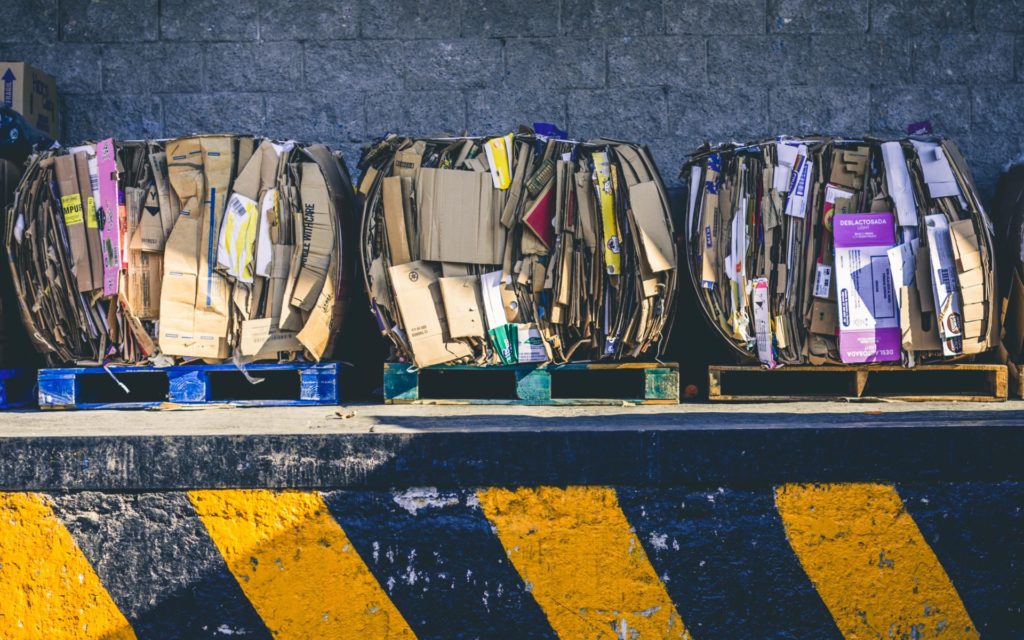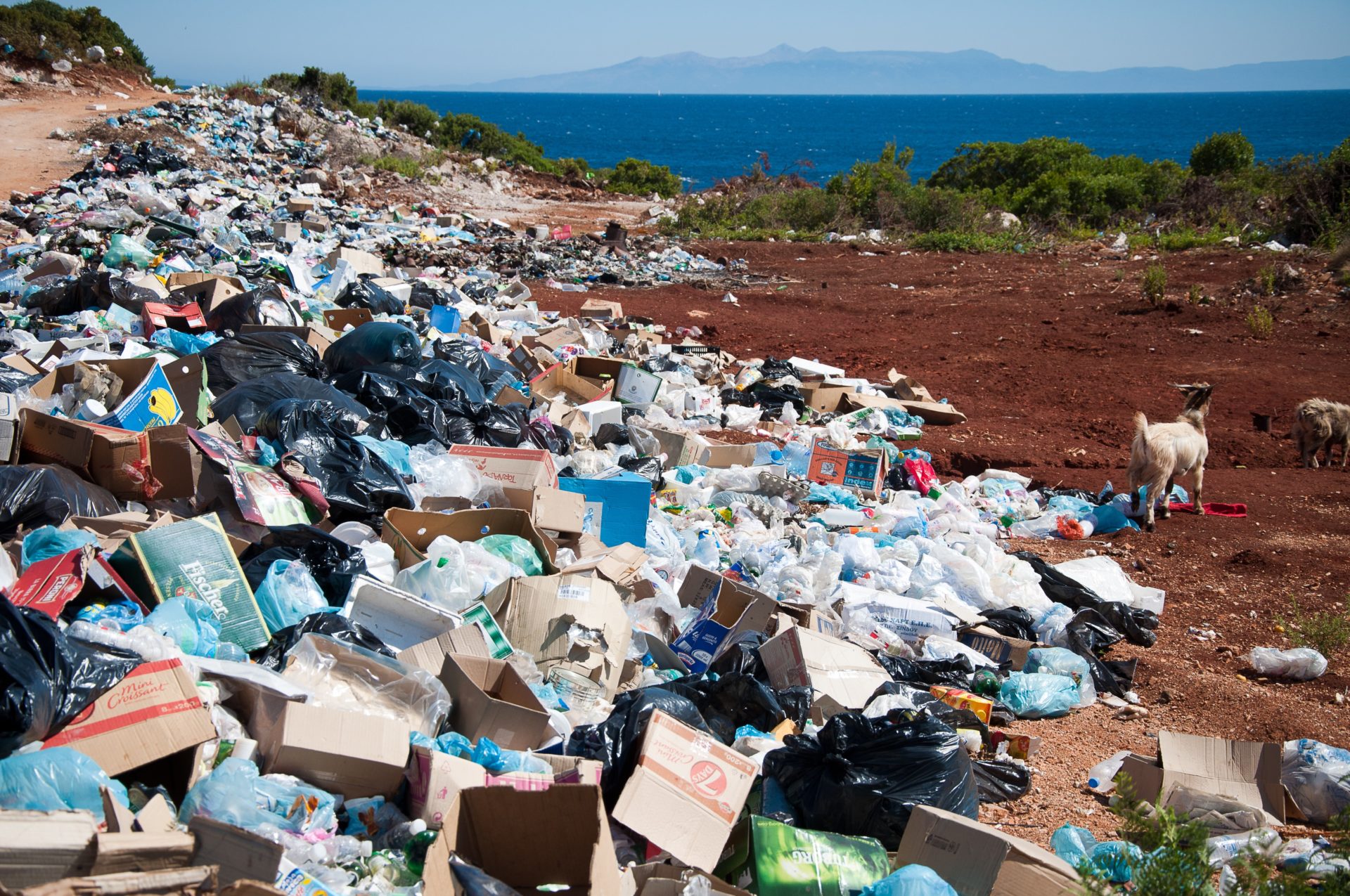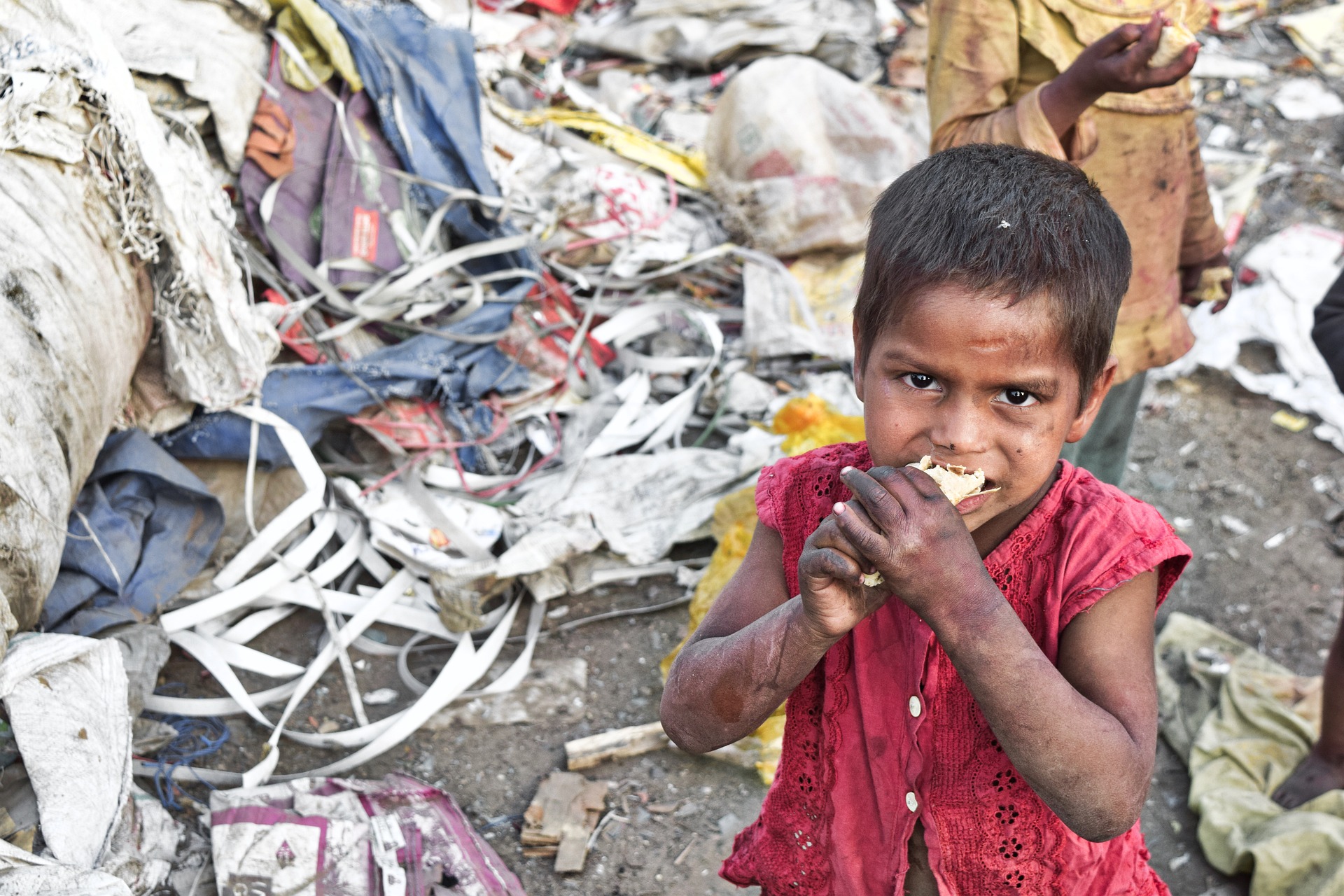Waste Isn’t Worthless: Its Value Must Be Tapped Into
Emerging economies account for over 6 billion people – or about 86 percent of the total global population. Every single inhabitant on this planet is a waste generator and for the most part, this issue is accorded minimal priority. In the “throwaway” culture prevalent today, there is a significant price to pay in terms of environmental pollution and resources lost in the form of energy and raw material.
According to a World Bank report, 2 billion tons of municipal solid waste is generated annually and more than a third of this refuse is not managed in an environmentally safe manner. Over the next three decades, global waste is forecast to increase by a staggering 70 percent – to 3.4 billion tons annually. Doesn’t it then make economic sense to invest in sustainable waste management? Apart from the negative health and environmental impact that poor waste disposal results in, the cost of addressing these consequences is manifold when compared with structuring a waste management system. Waste is not worthless. In fact, it holds much potential and working towards harnessing this untapped value could ensure considerable gains.
An Unchecked Problem
Waste disposal is a predicament of epic proportions – one that is widely discussed and deliberated upon but concrete roadmaps outlining counter measures are not common. To put this into perspective, one could consider the example of Mexico. An average Mexican resident generates as much as one kilogram of waste every single day which amounts to 16.5 million kilograms in just Mexico City alone.
Meanwhile, the recycling industry is a sizeable industry. The global waste management market volume is substantial – it is expected to register $484.9 billion by 2025 from $303.6 billion in 2017. This implies a CAGR of 6 percent over the next five years. In the case of Mexico, its recycling industry generates just over $3 billion annually although the industry actually presents a market opportunity of over $20 billion. Unfortunately, the bulk of it is untapped and these substantial figures represent just one emerging economy.
Leading Waste Generators
Nigeria is a resource rich country and is among the more economically advanced African nations. With a population of nearly 200 million people, it generates an estimated 65 million metric tons of waste per annum but again, only a fraction is recycled. Furthermore, recycling efforts are mostly led by manual scavengers. Case in point being the Igando dumpsite in Lagos. Scavengers are charged the equivalent of $0.50 daily before they can pick up valuable recyclables. They sell them to middlemen who, in turn, sell them to recycling companies. The industry is worth several billion naira. One ton of metal, on average, can fetch between $100-$125. A ton of scrap aluminum can cost as much as $270. In Lagos state alone, 13,000 metric tons of waste is generated daily.
Lower and middle income countries, where economic development and population growth are on the rise, are currently also experiencing the fastest growth in waste generation. By 2050, sub-Saharan Africa and South Asia will account for 35 percent of total global waste. In lower income countries, only 48 percent of waste is collected in cities. In the rural areas, the figure is 26 percent, of which only a mere 4 percent is recycled.

Over the next three decades, global waste is forecast to increase by a staggering 70 percent
Food for Thought
Waste by itself comprises a wide assortment of refuse and more often than not, objects in plain sight are actually more valuable than they may actually seem. One recycled glass bottle, for example, can save enough energy to power a computer for 25 minutes. Likewise, one recycled plastic bottle can ensure energy savings equivalent to three hours’ usage of a 60 watt light bulb. A large part of waste is plastic and while there is much attention directed to this menace, it must be highlighted that the average family disposes almost 40 kilograms of plastic annually – a commodity that is fully recyclable.
In most emerging economies, governments have implemented waste management initiatives. However, effective change can only be brought about if there are efforts directed towards addressing this concern on a more basic level. Academic curriculum in grade school must include waste management lessons, especially with regard to waste segregation. While the youth are being taught advanced mathematics and science, an issue as pressing as waste management is not accorded the importance it deserves despite its enormity.
Looking Ahead
This industry has immense potential in terms of generating employment for thousands and its untapped value is significant. Considering how emerging economies are consuming more and are going to be leading waste generators, there is an urgent need to launch collaborative initiatives by governments and corporate leaders alike to address this growing concern. This subject must acquire center stage because attempting to alter mindsets and increasing awareness will in itself be a mammoth task but the wheels must be set in motion. In doing so, there is much benefit for all of society and the environment.



